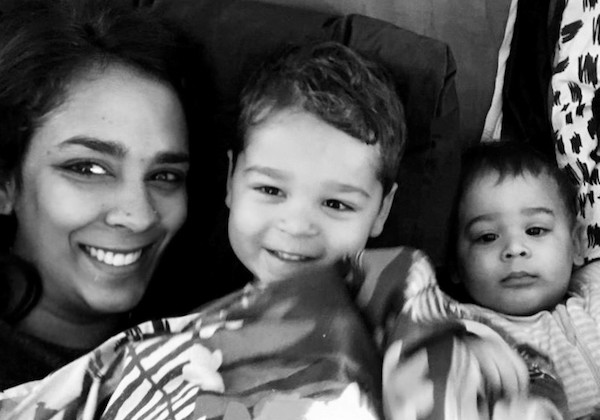Getting children into a regular sleep routine is hard enough, then the daylight-saving curveball hits you, and BAM! The kids are all out of whack and bedtime becomes a battleground!
Luckily help is at hand from The Shire’s resident baby whisperer, Veena Parry of Sleep Sweet, Sleep Deep.“It’s all about the trade off.” Advises Veena. She continued: “Babies, toddlers and pre-schoolers struggle with the change, so the key to this transition is to do it slowly. I recommend that parents start getting ready for daylight saving five days beforehand. The five-day window gives you the opportunity to trade the time in 15-minute increments each day, until bedtime is in sync with the clock.”
“If your child still has daytime naps, the 15-minute trade off applies to all sleeps as well as bedtime.” Adds Veena.
Remember that while it might take adults just a few days to adjust to the changing clocks, kids can take a little longer to get into the swing of a new sleep routine.
As you start the process of working towards daylight savings this week, Veena has the following tips to make for a seamless transition.
Routine and Consistency
Now is not the time to be changing up the bedtime routine; children thrive on consistency and if you keep their routine the same it will allow for greater success. Predictability makes children feel safe and will maintain their sense of autonomy.
Dark
It will likely be light outside when kids are going to bed, so if you have not invested in some type of blackout, now is the time. This will keep the early birds from rising before you’re ready!
Keep Carers in the Loop
If your little ones attended day care or have a nanny. Chat with them about the changes you have in place to maintain consistency.
Slow and Steady
Give your little human a good week to adjust to this change. You may notice a slight increase in grumpiness and tiredness; match this with lots of extra cuddles and patience.
In terms of applying the transition process to different ages, Veena has the following advice. She said: “You don’t really need to worry too much with newborns (under 12 weeks). Daylight savings shouldn’t affect them too much.”
She continued: “Babies might be a bit grumpy and tired, so you can ease them into sleep time by reading to them before night sleep and naps and encouraging them to relax. Twenty minutes of quiet time with your bub’s favourite book can make the world of difference. A Gro Clock or similar device can keep toddlers from rising too early rising, as well as having the added bonus of introducing them to telling the time and mathematics.”
Patience is key. Give it a week and things should be on an even keel again. Feel free to email Sleep Sweet, Sleep Deep for our step-by-step daylight savings cheat sheet.
About the author:

Calm and serene, local Mamma-of-two, Veena Parry, grew up in the Shire and has lived here all her life. Known affectionately as ‘the baby whisperer’, Veena works as a child sleep consultant, supporting families.
